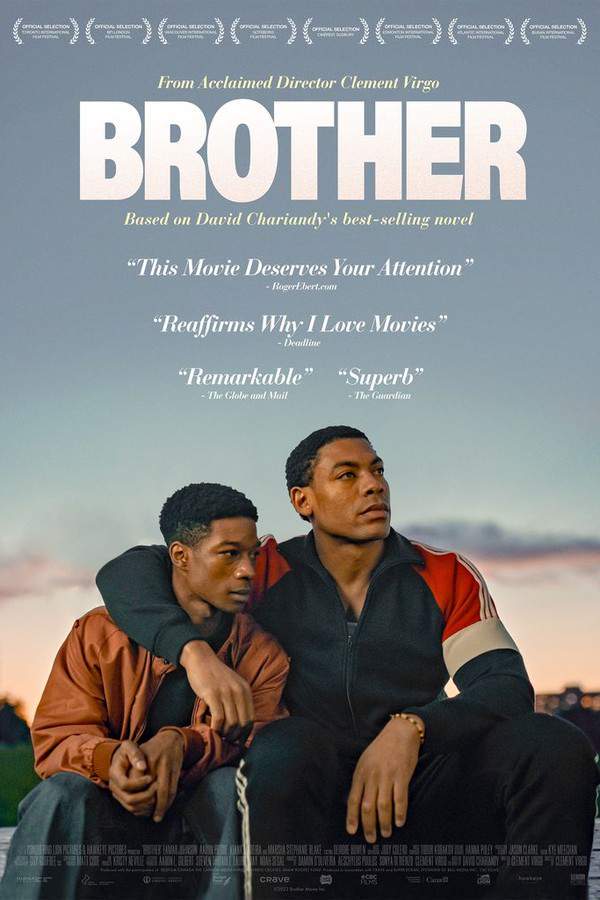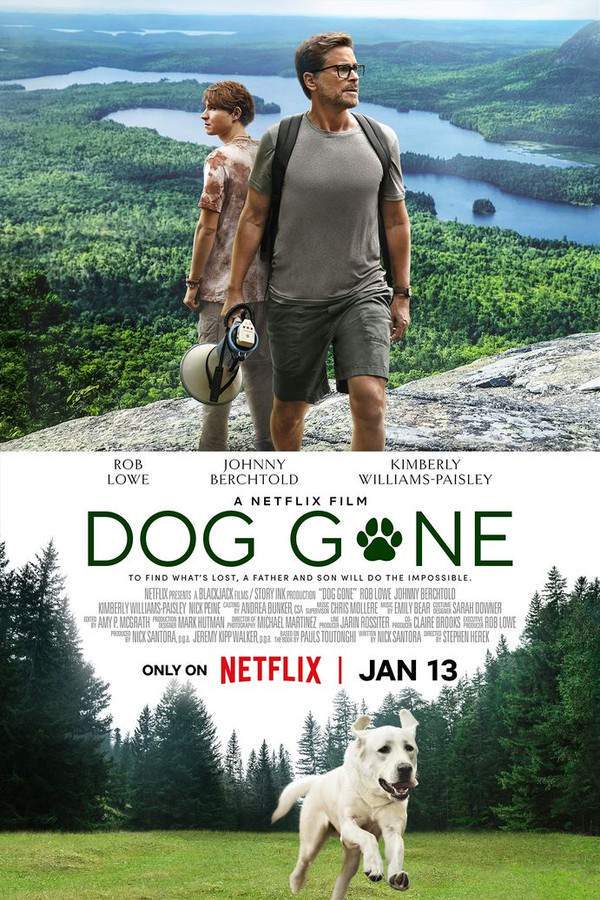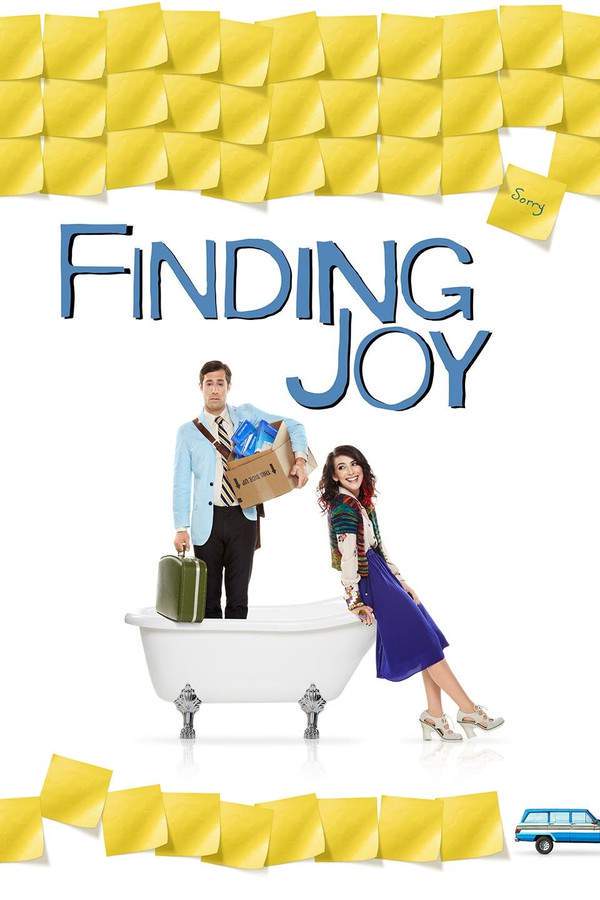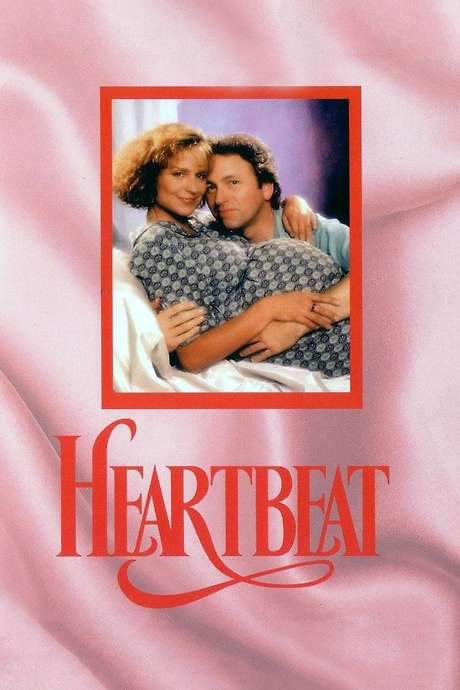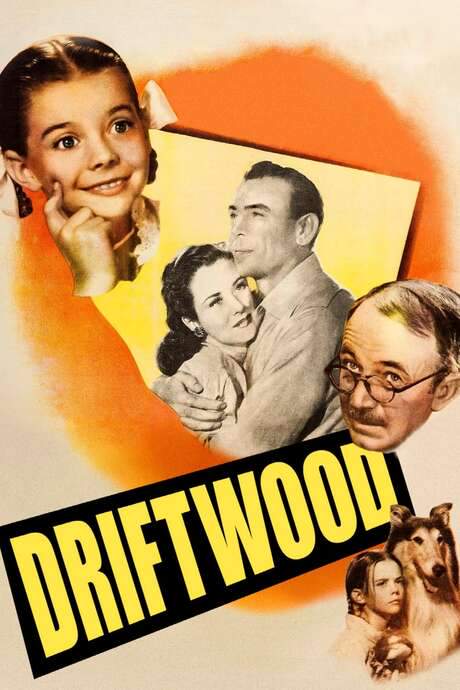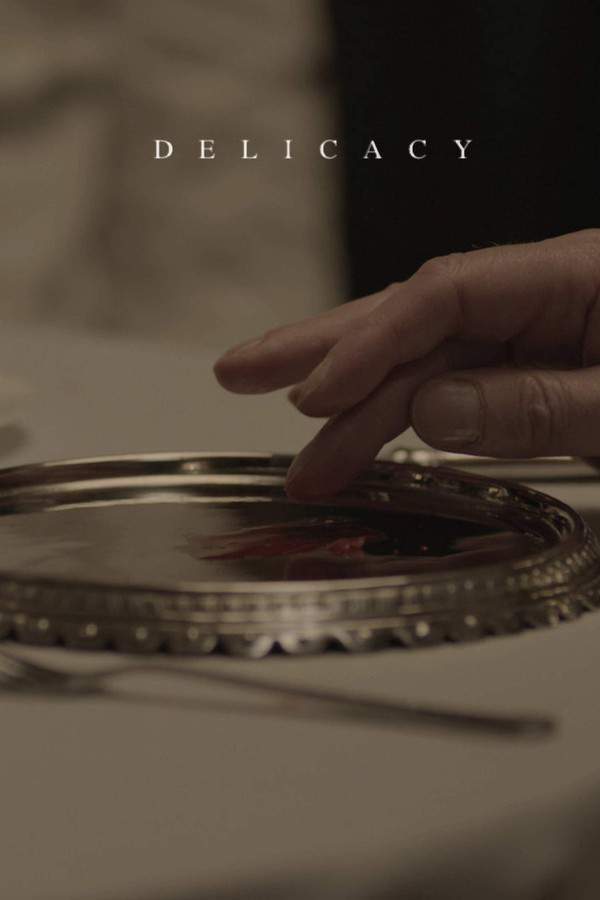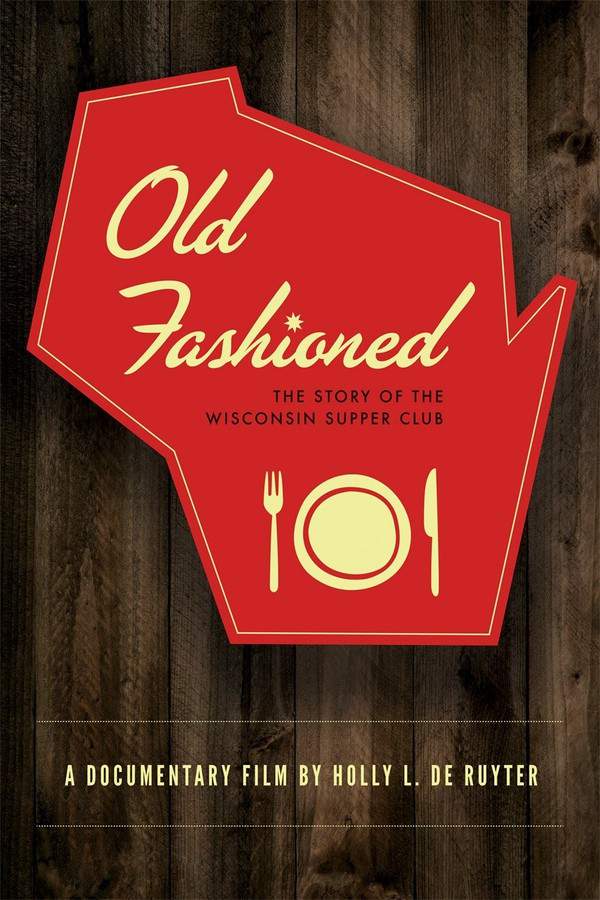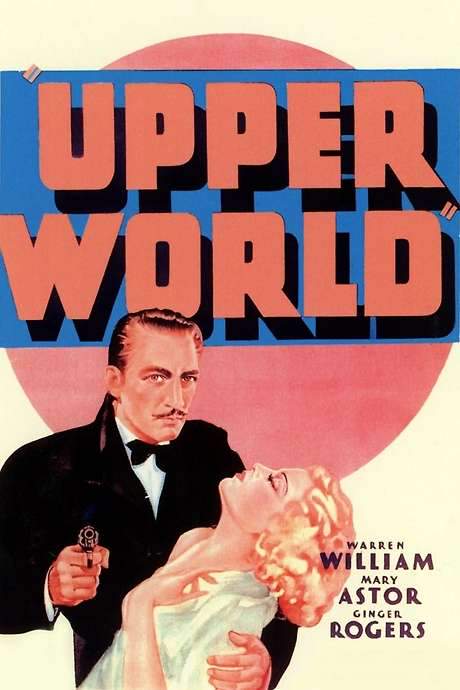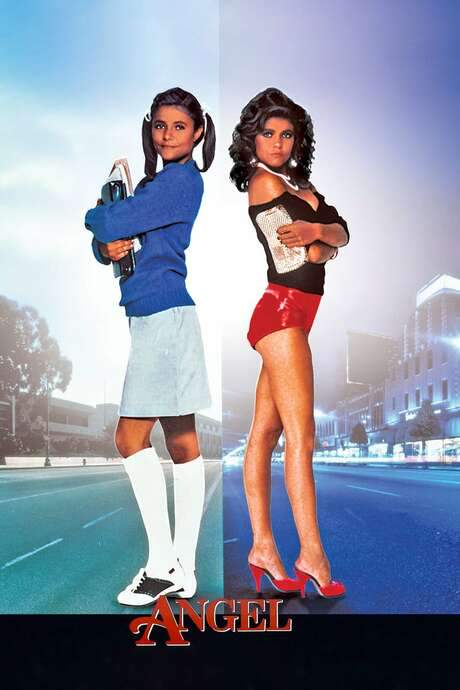
Lost Angel
Year: 1943
Runtime: 91 mins
Language: English
Director: Roy Rowland
Margaret O’Brien’s new MGM star, Alpha, has been raised strictly by scientific methods, giving Mike Regan a perfect human‑interest story for his newspaper. When his interview prompts Alpha to flee the institute and demand a magic show, Mike suddenly finds himself responsible, just as a separate gangster tale begins to close in on him.
Warning: spoilers below!
Haven’t seen Lost Angel yet? This summary contains major spoilers. Bookmark the page, watch the movie, and come back for the full breakdown. If you're ready, scroll on and relive the story!
Lost Angel (1943) – Full Plot Summary & Ending Explained
Read the complete plot breakdown of Lost Angel (1943), including all key story events, major twists, and the ending explained in detail. Discover what really happened—and what it all means.
At the Institute of Child Psychology, the scientists raise a foundling named Alpha, Margaret O’Brien, as the centerpiece of a bold experiment to see if a life guided entirely by science can forge a true genius. By the time she is six, Alpha speaks Chinese, plays chess and the harp, and studies algebra and the campaigns of Napoleon, among other feats that seem to bend the supposed limits of a child’s education. The project teeters between marvel and moral question, inviting viewers to weigh the price of such relentless cultivation against the warmth of a more ordinary childhood.
Newspaper reporter Mike Regan, James Craig, is reluctantly assigned to profile her, and after securing an interview with the wary professors, he discovers that Alpha’s genius sits beside a deep longing for normal joys. Raised with care, she nevertheless has missed out on simpler pleasures, and the glint of curiosity about the wider world begins to spark in her eyes. When Mike dismisses the notion that magic might exist, Alpha takes his remark as a dare and decides to test the world beyond the institute’s walls. She sneaks out and travels to New York, drawn to the vibrant life she has only glimpsed in stories.
Her first real contact with the city comes at the offices of the newspaper, where Alpha’s journey intersects with Mike’s life in a way that unsettles them both. Mike isn’t thrilled to be practically paired with his subject, but he at least agrees to bring Alpha along on his date with Katie Mallory, the nightclub singer portrayed by Marsha Hunt. Alpha forms an immediate, if initially cautious, connection with Katie; the child’s growing bond with the world outside the institute begins to redefine what she values—friendship, trust, and the messy, exuberant color of everyday life.
A measles outbreak at the institute forces a quarantine that temporarily binds Mike and Alpha together in a routine that feels almost domestic. Into this fragile arrangement steps Packy Roost, an escaped convict played by Keenan Wynn, who arrives at Mike’s doorstep and soon becomes a surprising ally to the child. As Packy’s presence unsettles Mike, the two work to clear him of a crime by enlisting Lefty Moran, the killer the cops are after. The situation tightens the emotional tension around Alpha’s fate: does she stay with Mike and Katie or return to the scientists who raised her?
When the professors come to reclaim Alpha, she is torn between two kinds of love: the steady, patient care of the scientists and the messy, unpredictable warmth she has found in Mike and, through him, in Katie. Mike, for his part, grapples with responsibility and commitment. He proposes to Katie, but she declines, citing his tendency to shirk accountability. The rejection stings, and Mike accepts a transfer to Washington, DC, leaving Alpha adrift in her sense of belonging. The girl’s spirits falter—she stops eating and sleeping—until Mike experiences a shift of heart. He reevaluates what matters most and, in a moment of clarity, chooses to fight for the life he’s found with Alpha and with Katie.
In the end, the trio—Alpha, Mike, and Katie—reunite not just as witnesses to a remarkable intellect but as a family bound by affection and shared purpose. They leave the institute hand in hand, stepping into a future that holds both the promise of genius and the more modest, enduring joys of companionship and responsibility.
Last Updated: October 09, 2025 at 12:34
Explore Movie Threads
Discover curated groups of movies connected by mood, themes, and story style. Browse collections built around emotion, atmosphere, and narrative focus to easily find films that match what you feel like watching right now.
Movies about found families like Lost Angel
Movies where an unlikely group becomes a supportive and loving family.If you enjoyed the heartwarming adoption story in Lost Angel, you'll love these other movies about found families. Discover similar dramas and uplifting stories where characters build deep, supportive bonds and create new homes together.
Narrative Summary
Stories in this thread typically begin with a character feeling isolated or out of place, often a child or an adult without strong ties. Through a series of events, they are brought into a group of unrelated individuals who offer support and unconditional love, overcoming initial obstacles to form a new, resilient family unit.
Why These Movies?
These movies are grouped together because they share a core focus on the theme of found family, a hopeful and uplifting tone, and a narrative that prioritizes emotional connection over blood relation. They evoke feelings of warmth, belonging, and sentimental joy.
Gentle dramas with light crime elements like Lost Angel
Character-focused stories where a light external plot enhances the emotional core.Looking for more gentle-paced dramas similar to Lost Angel? Explore movies that blend heartfelt character stories with subtle crime or intrigue subplots, creating a unique mix of emotional depth and light suspense without high intensity.
Narrative Summary
The narrative pattern involves a central, often sentimental, character arc—like a child's coming of age or an adult's personal growth—that is gently complicated by a secondary, low-intensity external plot. This subplot, such as a minor criminal investigation or a secret, creates moments of tension that serve to strengthen the bonds and resolutions of the main story.
Why These Movies?
These films are grouped by their shared DNA: a dominant gentle and hopeful mood, a steady pacing focused on character development, and the clever use of a light external conflict to add dimension without shifting the core tone away from its heartwarming nature.
Unlock the Full Story of Lost Angel
Don't stop at just watching — explore Lost Angel in full detail. From the complete plot summary and scene-by-scene timeline to character breakdowns, thematic analysis, and a deep dive into the ending — every page helps you truly understand what Lost Angel is all about. Plus, discover what's next after the movie.
Lost Angel Timeline
Track the full timeline of Lost Angel with every major event arranged chronologically. Perfect for decoding non-linear storytelling, flashbacks, or parallel narratives with a clear scene-by-scene breakdown.

Characters, Settings & Themes in Lost Angel
Discover the characters, locations, and core themes that shape Lost Angel. Get insights into symbolic elements, setting significance, and deeper narrative meaning — ideal for thematic analysis and movie breakdowns.

Lost Angel Spoiler-Free Summary
Get a quick, spoiler-free overview of Lost Angel that covers the main plot points and key details without revealing any major twists or spoilers. Perfect for those who want to know what to expect before diving in.

More About Lost Angel
Visit What's After the Movie to explore more about Lost Angel: box office results, cast and crew info, production details, post-credit scenes, and external links — all in one place for movie fans and researchers.

Similar Movies to Lost Angel
Discover movies like Lost Angel that share similar genres, themes, and storytelling elements. Whether you’re drawn to the atmosphere, character arcs, or plot structure, these curated recommendations will help you explore more films you’ll love.
Explore More About Movie Lost Angel
Lost Angel (1943) Scene-by-Scene Movie Timeline
Lost Angel (1943) Movie Characters, Themes & Settings
Lost Angel (1943) Spoiler-Free Summary & Key Flow
Movies Like Lost Angel – Similar Titles You’ll Enjoy
Angel of Death (1990) Story Summary & Characters
Eyes of an Angel (1991) Full Summary & Key Details
The Lost Angel (2005) Detailed Story Recap
Angel (1984) Plot Summary & Ending Explained
Lost Angels (1989) Movie Recap & Themes
Broken Angel (1988) Ending Explained & Film Insights
Lost, Lonely and Vicious (1958) Full Summary & Key Details
The Angel (2009) Film Overview & Timeline
Fallen Angel (1945) Ending Explained & Film Insights
Angels Over Broadway (1940) Movie Recap & Themes
Angels Wash Their Faces (1939) Full Movie Breakdown
The Dark Angel (1935) Ending Explained & Film Insights
Angel, Angel, Down We Go (1969) Film Overview & Timeline
The Lost Man (1969) Film Overview & Timeline
Tarnished Angel (1938) Full Summary & Key Details

